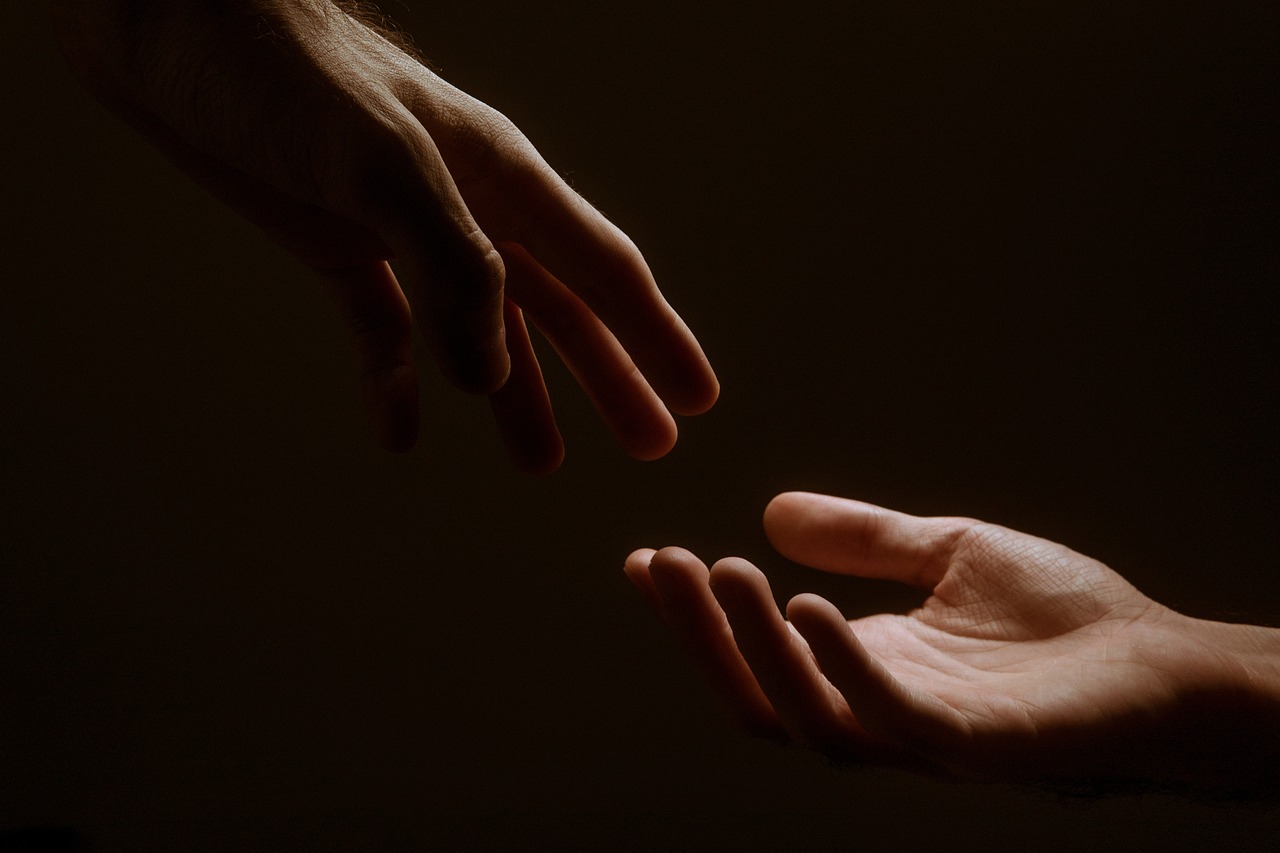
Brave Woman Fights Off Knife Attack in Dark Park
A woman was attacked at knifepoint in a disturbing incident that appears to be sexually motivated, but she bravely fought off her assailant using a flashlight, according to police reports.

As the festive season approaches, concerns over the safety of women in social settings have intensified. Bystanders are being urged to take proactive measures to assist women who may be at risk of spiking during Christmas parties. Jess Phillips, the safeguarding minister, emphasized the importance of community intervention in a recent interview with BBC Radio 4’s Today programme.
Recent discussions at No 10 Downing Street brought together Prime Minister Sir Keir Starmer, police chiefs, and leaders from the hospitality sector to strategize on combating spiking. The Labour Party has reiterated its commitment to criminalizing the act of administering drugs or alcohol to someone without their consent.
Phillips underscored that while new legislation might not immediately change outcomes, it would facilitate better collaboration between law enforcement and hospitality staff.
To bolster these efforts, the government is implementing additional training for bar staff. This education aims to empower staff to identify and respond effectively to potential spiking incidents and support victims while gathering necessary evidence.
Despite these initiatives, some experts warn that police forces may lack the resources or motivation to adequately address spiking incidents. In response, Phillips highlighted that community vigilance is crucial. She shared her own experiences intervening in situations where women appeared uncomfortable or unsafe.
The Prime Minister has made a personal pledge to reduce violence against women and girls by half over the next decade. Although spiking is already illegal, there are ongoing discussions about establishing it as a specific criminal offense, with no confirmed timeline for implementation.
Over two years ago, MPs called for spiking to be recognized as a distinct crime. They believe that such a classification could deter potential offenders and encourage victims to report incidents more readily.
The government aims to create an environment where victims feel confident coming forward, which is essential for fostering safer public spaces.
At the recent meeting, strategies were shared among participants on how best to tackle spiking. Notably, Chief Constable Jason Hogg from Thames Valley Police noted his department’s deployment of plainclothes officers in nightlife areas to identify predatory behavior.
With commitments from both government officials and industry leaders like UK Hospitality’s CEO Kate Nicholls, there is an optimistic outlook on training initiatives designed to equip bar staff with skills necessary for recognizing signs of spiking and knowing how to respond appropriately.
As attention grows around this critical issue at the governmental level, many hope these actions will not only enhance victim confidence but also significantly improve safety during social outings.
In conclusion, as communities rally together against these acts of violence, the collective effort may pave the way for lasting change in protecting individuals during vulnerable moments in public settings.

A woman was attacked at knifepoint in a disturbing incident that appears to be sexually motivated, but she bravely fought off her assailant using a flashlight, according to police reports.

Trump’s Tariff Plans: A Day-One Agenda Against Drug and Human Trafficking In a bold move to combat drug and human smuggling, President-elect Donald Trump has announced plans to impose significant tariffs on Mexico, Canada, and China immediately after his inauguration on January 20.